I was lucky enough to get a sneak peek at the new short film by Antonia Bogdanovich — MY LEFT HAND MAN — starring Thomas Brodie-Sangster (Nanny McPhee, Love Actually), Andrew Howard (Limitless, upcoming “Hatfields and McCoys”), Kevin Bigley (“The Chicago Code,” “CSI: Miami”) and Erich Wildpret, who is a Latin American star. The 18-minute dramatic short screens as part of the NJ Film Fest at Rutgers on January 28th. Although the film clocks in at under half an hour I was captivated by the beautiful mosaic of emotions Bogdanovich was able to create both as writer and director in this film. The story is told in a straightforward, simple manner however the situation is anything but conventional.
The Emersons are a theatrical family, of sorts – one son is a street performer who recites Shakespeare while his older brother picks pockets in the crowd. Their father, a has-been thespian, spends the take on booze and ponies. But Samuel wants to make like his comic book hero The Cardinal Comet and split; and a visit from a loan shark gives Samuel a chance at freedom.
Ms. Bogdanovich graciously allowed me to pepper her with questions, both about this amazing film and the process of making it, as well as how her impressive lineage played a part in making her who she is today. Read on as she tells me about the challenges of creating a short film, how her own rebellious youth helped her created the character of Samuel, and exactly what a “left hand man” means to her …
Antonia! I just saw your short film, MY LEFT HAND MAN, and found it incredibly compelling. In 18 minutes you manage to tell a story which provides so much back-story yet takes place in a very short span of time.
You not only directed MY LEFT HAND MAN, but wrote it as well. Where did this idea of the story come from?
Antonia Bogdanovich: The idea came from a few places. I love Shakespeare – as an actor, I studied it a bit at the Royal Academy of Dramatic Arts in London (summer program). And I have seen quite a few very good productions on stage, as well as some of or most of the films. I really relate to his work, it has such depth yet it is so accessible. The crime elements are from my own experiences….ahem… I was a bit of a juvenile delinquent – rebelling pretty hard against my upbringing. So I basically hung out with kids that stole cause they had to (their parents didn’t have enough to finance their extracurricular activities) or because they just liked the thrill of getting away with it or both.
The comic book comes from my son – who loves superheroes – but I chose comic books because I wanted it to be clear that my character couldn’t really afford cell phones or cable TV. Then it became even more important to show that their father wouldn’t really allow it even it they could afford it.
I also really wanted to write about two brothers. And what it would be like if they had to fend for themselves. My parents were away a lot working when I was growing up, and I had to figure out a lot of stuff on my own. And I love the dynamic of brothers. It’s really fascinating how close they can be, but don’t necessarily interact the way sisters do. (I have 2 sisters).
What does the title mean to you personally? And further, what do you think the title would mean to your characters – something different?
AB: The title, as you probably gathered, is a play on “my right hand man.” So the title means having someone you can depend on, but in a real backwards kind of way. You can depend on them, but you really shouldn’t. So the father depends on his kids, but he shouldn’t. The brothers depend on themselves, but they shouldn’t have to at such a young age. And in the end, they all encounter great losses because of this. So I guess the title is really about enabling and co-dependence, familiar themes I think all families contend with, but this one worse than some others.
I think to my characters the title might mean something different for each one. The father would deny it completely. The older brother would say that no one was or is his right or left hand man. And the youngest brother, Samuel (Thomas Brodie-Sangster), would probably feel the same way I do about the title. Samuel’s brother is his left hand man. He depends on him because he really doesn’t have a choice. But in the end, he only has himself to depend on. So in a way, he’s free.
MY LEFT HAND MAN will be screening as part of the New Jersey Film Fest at Rutgers. How did you become a part of that?
AB: I submitted to the New Jersey Film Festival and they accepted the film. I really thought festivals in New York and New Jersey would respond to this story so I searched festivals in that area. Fingers crossed I get into a few more!
Thomas Brodie-Sangster is utterly amazing in this film. How did he come to this role?
AB: Thomas Brodie-Sangster is unbelievable. He made me tear up a number of times on the set. And I don’t usually cry in front of people I barely know, but one time I had to literally go outside. I was so overwhelmed with his sheer, natural talent. We would really like to work together again so I pray that happens in the future. The way I found him was I called my dear friend Sean Valla to ask if he would edit my short. He was in Louisiana at the time working on a feature film, The Baytown Disco. I told him about the script and described the main character. He said, “you should check out Sangster” – who was actually working on The Baytown Disco. I asked if he were British and if he could do an American accent to which the answers were both “yes”. Then I looked him up on IMDB and almost died because he was perfect. Then, of course, I recognized him from Love Actually and Nowhere Boy. Then I got really lucky because I sent him the script and he liked it! Sean Valla did end up being my editor so I got 2 great people with one lucky phone call.
Short films can sometimes be more challenging that full-length movies which is something most people would never consider. I’m sure you had to juggle a lot of moving parts to make this film. What’s a story you could share with our readers that’s a good example of this?
AB: On the challenges of short films, three days before we started shooting we lost the actor that was supposed to play the father, Warren. He got a recurring role on a TV show so I totally understood at that time because mine was a short with no real money. Needless to say, I was panicked. We needed an English actor, etc and as you could probably tell from the quality of the acting, I wasn’t about to use a mediocre actor. So I knew if I didn’t end up recasting it with a really talented actor, I would end up cancelling the shoot. I basically “called in” my first big favor. I actually had to call a few people I knew before I really got the favor…lol. The 1st few people I called were like….”ahhh, you say it’s for a short….yeah can’t really help there.” Then someone put me in touch with Andrew Howard, who was literally between projects in Los Angeles for one week and agreed to do it. I will never forget what he did for me or for this film. He was incredible! He is so funny too, that he had everyone on set in stitches!
The film has a beautiful aesthetic – every frame carries an emotion with it. Was that intentional? Or do you just do that intuitively?
AB: As far as the aesthetic (thanks so much for the incredible compliment), I do it intuitively. But I was an amateur photographer and also dabbled in oil painting. My grandfather was a fine artist, my father has an incredible eye, and my mother was an amazing production designer so I guess you could say it’s in the genes. However, I’ve always been an extremely visual learner. So I have to give some of the credit to myself. And when I write scripts I do see every shot in my head and every location before I write it.
How hard was it for you to switch between your writing persona and your directing persona to complete this film? Was there ever a moment, directing it, that you were tempted to re-write something in order to make something flow better?
AB: Funny you ask about the writing/directing persona. I actually re-wrote up until three days before we were going to shoot. I only stopped because my 1st AD was like, “we need a shooting script now so I can send it out to the crew so stop sending me new drafts!” But on set, my actors improvised a bit – mostly the foul language and some English slang. I only actually wrote one “fuck” in the script. But as I’m sure you noticed there were many many more than that, which was perfectly fine with me because it was completely authentic to the story we were telling.
You are the product of two very talented parents whose combined success in the industry is estimable. That doesn’t necessarily mean that you were going to follow in their footsteps. My dad’s an accountant and that’s the last career I would choose. Even though you are obviously talented as a writer and filmmaker you easily could have decided to do something else to be rebellious. So, my question is – taking all that into account – was this career inevitable? Or could you see yourself doing something else just as easily?
AB: My parents…yes… are a tough act to follow. Well, I started out at a very young age wanting to be a singer. I was quite good, but I had terrible stage fright so I got as far as back-up singing and a demo tape. I also worked in production right out of high school for a number of years, but never knew quite what I wanted to end up doing. At that time, I never ever considered directing. It was too much pressure, and I didn’t have the confidence. I also studied acting and booked quite a few acting gigs. But after one really bad experience – I left acting and the business for good, swearing that it wasn’t for me and decided to become a scientist – as far removed as possible
But within a year of college, I took up writing – poems, short stories, and journalism. I kept telling myself that this was a hobby and I wasn’t an artist, dammit. Even when I wrote my second screenplay, I was still telling myself the same thing. I was in complete denial. But now, I would have to say that this was truly inevitable. Though I tried very hard at other things, none of them stuck. It’s quite a relief for me to not fight it anymore. I’m truly at peace with it. I wanted so badly to do something different than my parents. I was such a rebel. But I realized at some point that I can be different than them, but still make pictures. And now I’m so proud of their accomplishments where as when I was younger, I was intimidated. I am so thankful for everything they taught me about film-making even though when I was younger I often would roll my eyes at them when they would try to teach me something. My mother knew so very much about every aspect of film-making it still boggles my mind.
As far as directing, it was much easier for me to be a writer than to admit I wanted to be a film director. After directing some theater, I actually did the short to make sure that what I really wanted to do. And, by the second day I was so sure and so comfortable being a director it was unreal. It was a true “ahh” moment. It also felt so real and so perfect for my personality. I really feel at home on a movie set – probably because I spent more time with my parents on movie sets than I did at home. Sad as that may sound, it’s true. When I see lights and cable laid across the ground it actually reminds me of the good parts of my childhood every time. And we all know how that feels when we see something from our childhood that just makes us feel comfortable. Well, that’s how it feels like for me on a movie set.
Final question – the film ends on an open-ended note of confusion, but hope too. What do you think that says about you, as a writer?
AB: Every opportunity in life brings another challenge, not necessarily an obstacle, but another choice. So Brodie-Sangster’s character, Samuel, is not quite sure where he’s going to go next. But I do have him leave the house so the audience would know he’s not going to stay “in there” figuratively or physically. I think that traumatic events are so confusing. I’ve had a few bad ones, and some of them were at a pretty young age. But if you experience tragedy, you also have to have hope that things will improve otherwise you would literally die from grief. You actually learn that things get better after going through something difficult for the first time. In other words, you learn to have “hope” that things will get better with time and space from the actual event.
So I think as a writer I will always want to leave my audience with some hope, but also with the understanding that life can be pretty confusing with its fair share of ups and downs. And when we are first confronted with something I think there is always a time where we are confused by it or don’t quite understand what is happening to us or the people around us.
~~~
Thank you, Antonia Bogdanovich, for giving us so much background on your wonderful film!
For those of you who are interested in seeing My Left Hand Man at the festival, please click here for more information. The screening will be held January 28th starting at 7:00pm and Antonia will be making an appearance so if you read something here that you’d like to know more about, or if something about the film brings up your own questions – get yourself over there and ask away!

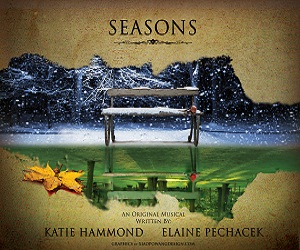
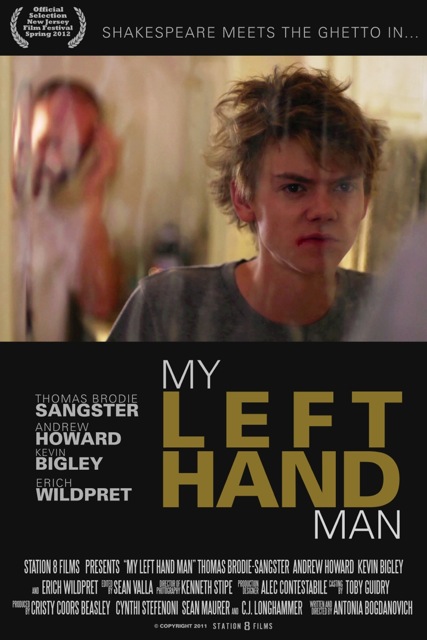
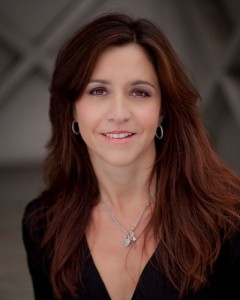
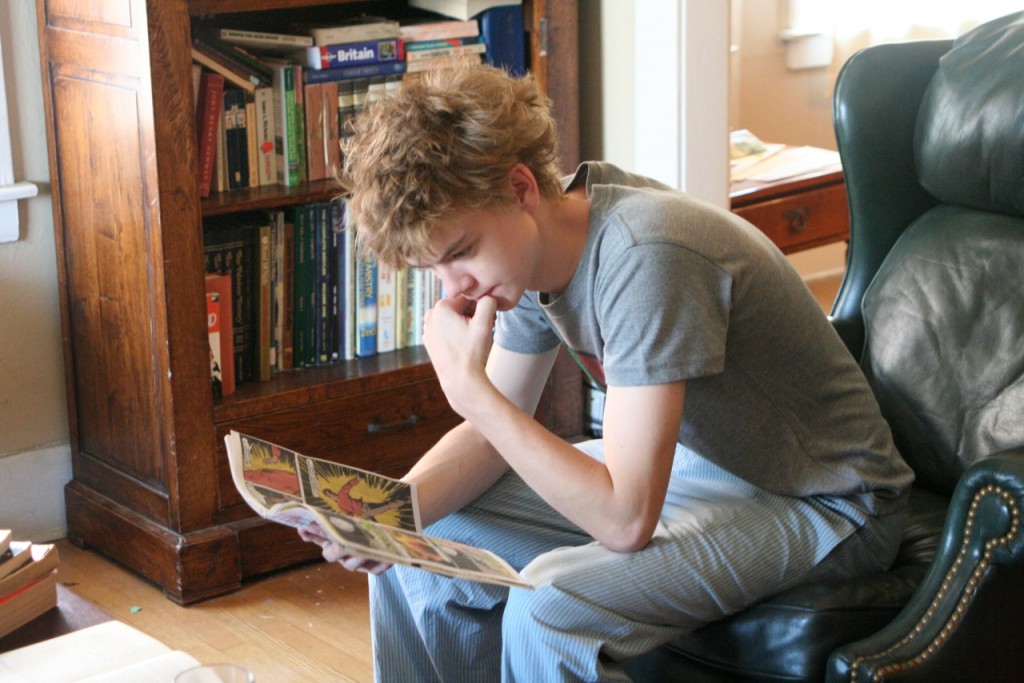
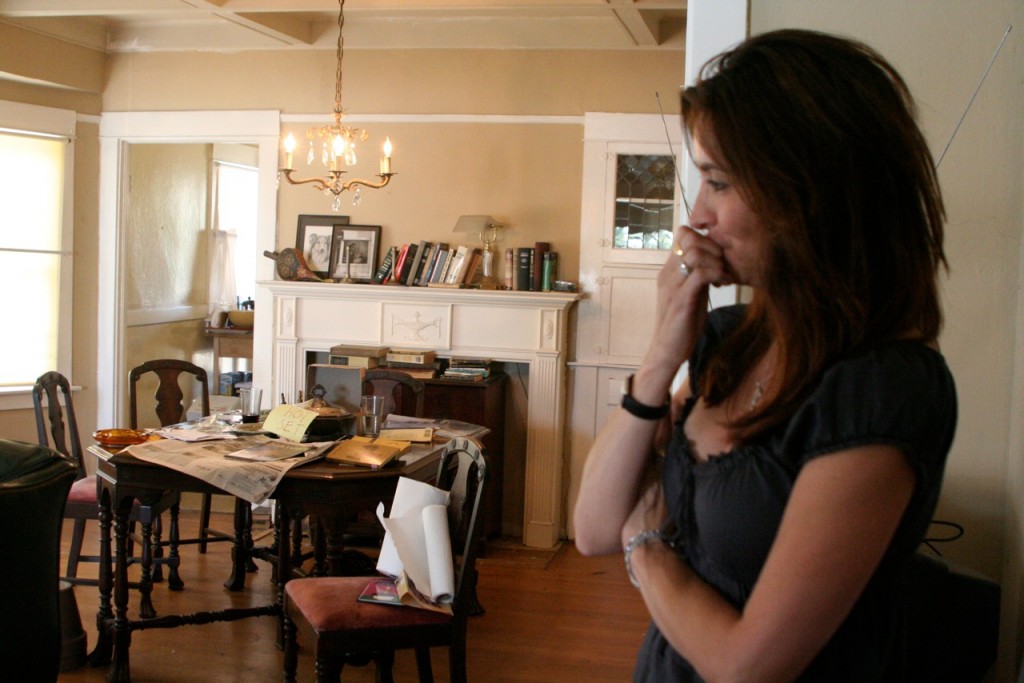

{ 0 comments… add one now }